Ghislaine Maxwell: from high society to decades behind bars
British socialite has already spent more than two years in prison accused of enabling Jeffrey Epstein
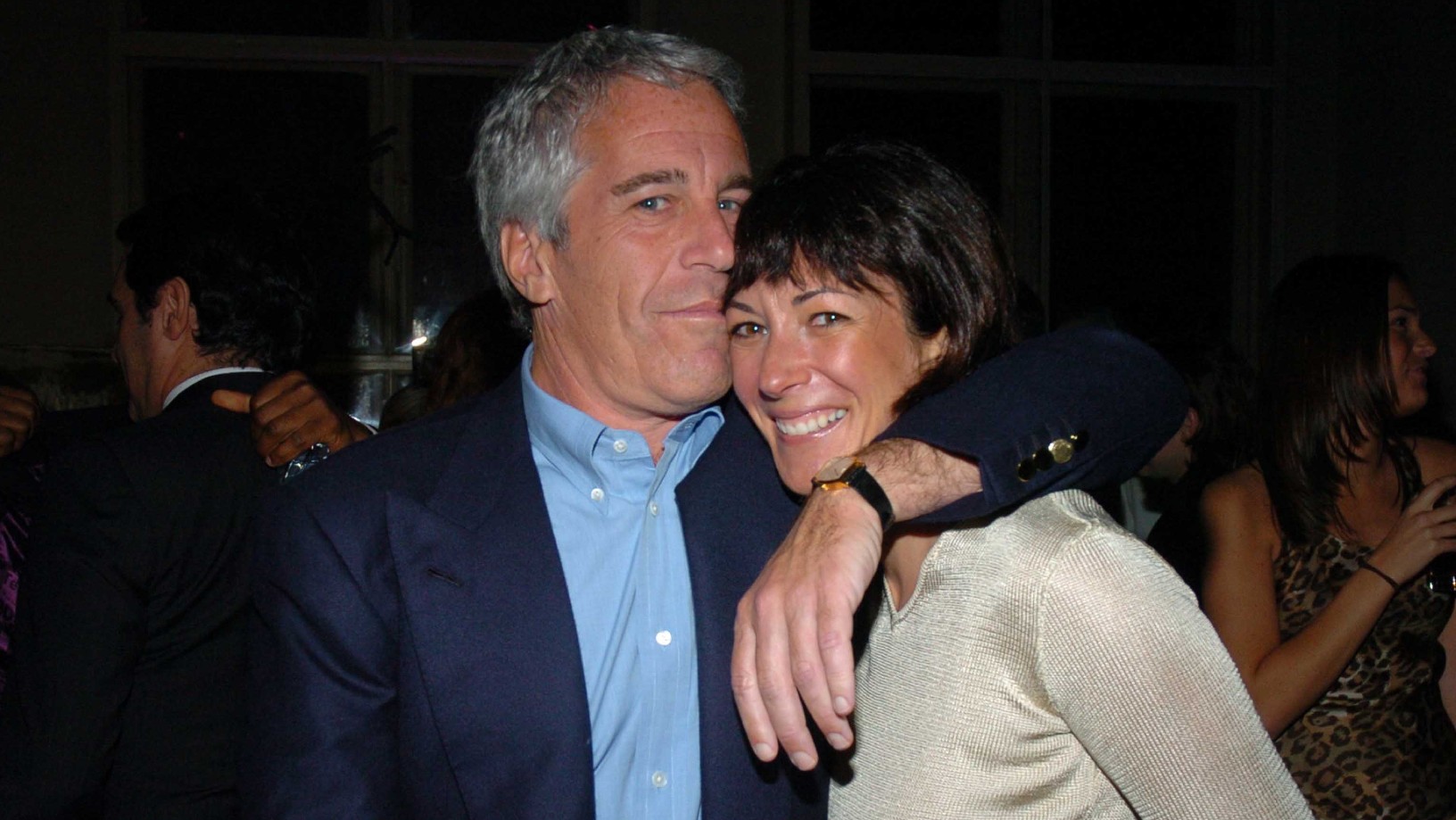
A free daily email with the biggest news stories of the day – and the best features from TheWeek.com
You are now subscribed
Your newsletter sign-up was successful
Ghislaine Maxwell’s appeal against her 20-year prison sentence is on the “brink of collapse” after her estranged husband refused to pay her legal fees, according to reports.
Scott Borgerson, 46, who married Maxwell, 60, in secret in 2016, ended the relationship over the phone while she was held on remand and has “ignored her requests to pay a $900,000 legal bill and a further $1m to challenge her conviction”, said The Sun.
The British socialite was convicted last year of five federal charges, including sex trafficking a minor.
The Week
Escape your echo chamber. Get the facts behind the news, plus analysis from multiple perspectives.

Sign up for The Week's Free Newsletters
From our morning news briefing to a weekly Good News Newsletter, get the best of The Week delivered directly to your inbox.
From our morning news briefing to a weekly Good News Newsletter, get the best of The Week delivered directly to your inbox.
She was found guilty of “carrying out a years-long scheme with her longtime confidante Epstein to groom and sexually abuse underage girls”, said CNN.
In June, Judge Alison Nathan delivered a sentence slightly above the guidelines, saying “the damage done to these young girls was incalculable”.
CNN said the sentencing represented a “pivotal moment” in a case that “exemplified the ways that the rich and powerful can avoid - or, at least, delay - consequences for their actions”.
Long fall
Maxwell’s current circumstances are a world away from her grand beginnings.
A free daily email with the biggest news stories of the day – and the best features from TheWeek.com
She was born in Maisons-Laffitte, Ile-de-France, in 1961, but grew up in the Oxfordshire countryside with her family in a 53-room mansion, Headington Hill Hall.
The youngest of nine children, she is the daughter of disgraced late newspaper tycoon Robert Maxwell, one-time owner of the Mirror Group, and his wife, Betty, a prominent Holocaust researcher.
Maxwell was “rumoured to be her father’s favourite child”, reported The Guardian, and he named his $15m yacht after her, the Lady Ghislaine, from which he fell overboard and died in 1991. After his death, a $460m hole was found to be missing from the Mirror Group’s pension funds.
The Times contended that “Maxwell was brought up by a monstrous, rich, powerful man, so the terrible things that monstrous, rich, powerful men do were normal to her”.
A ‘mutually beneficial relationship’
The socialite arrived in New York in the early 1990s “looking for a new start”, having lost not only a parent, but much of her family fortune and social standing, reported The New York Times.
She was “soon on the rise” again with the help of her financier Epstein. It was the beginning of a “mutually beneficial relationship”, reports the paper, with Maxwell “able to resurrect the lifestyle she coveted” alongside her new boyfriend.
For Epstein, who had grown up in Coney Island and was “a college dropout”, the “gregarious”, Oxford-educated and socially connected Maxwell was able to provide “new social pathways” for the financier.
A “networker” who “revelled in her unrivalled connections”, Maxwell’s friends included Prince Andrew, who she reportedly introduced to Epstein in 1999 and is said to have been a frequent guest in Epstein’s homes, said The Telegraph.
“She had an upbringing and taste and knew how to run a house and a boat and how to entertain,” an acquaintance told the paper. “You can’t buy that. You can’t buy access, either.”
The relationship between Maxwell and Epstein was “deep and entangled”, said The New York Times, and continued long after their romance ended. Maxwell appeared to manage Epstein’s homes, “facilitate his social relationships and recruit masseuses to help satisfy his seemingly insatiable appetite for massages”, reported the paper.
One associate of the pair described Maxwell as “half ex-girlfriend, half employee, half best friend, and fixer”.
‘Slithering away’
In July 2020, Maxwell was arrested by the FBI at a secluded and luxurious house in Bradford, New Hampshire, by the FBI on charges that she helped procure teenage girls for Epstein and sometimes joined in the abuse.
Prosecutors accused her of “slithering away” into hiding and of lying about her involvement in Epstein’s abuse of underage girls because, they claimed, the truth was “almost unspeakable”, reported The Guardian.
“Maxwell played a critical role in helping Epstein to identify, befriend and groom minor victims for abuse,” authorities said in court papers. “In some cases, Maxwell participated in the abuse.”
“She set the trap. She pretended to be a woman [the alleged victims] could trust.”
‘Hell-hole’ prison
Maxwell has previously complained of the “hell-hole” conditions at the Metropolitan Detention Center, New York. In April last year, at the US Court of Appeals for the Second Circuit, her lawyers argued that the “horrific conditions” in which she was being held “make it impossible for her to prepare for her trial”.
Her legal team claimed she had been “intimidated and humiliated” by guards as she used the lavatory. However, her requests to be released from custody were rejected, and in December she was found guilty of five federal charges, including sex trafficking of a minor, transporting a minor with the intent to engage in criminal sexual activity and three related counts of conspiracy.
In July, Maxwell was moved from Brooklyn to the low-security FCI Tallahassee in Florida.
‘John Does’ unmasked
A US judge has agreed to release the names of several “John Does” who tried to conceal their identities in the long-running litigation between Maxwell and Virginia Giuffre, an Epstein victim.
John Doe is a placeholder name that is used when the true name of a person is being intentionally kept secret. Although there was public speculation that the 16 John Does who lodged objections to making their identities public were all “powerful acquaintances of Epstein and Maxwell”, that “isn't the case”, said Insider.
Two were apparent victims of Epstein. Loretta A. Preska, the semi-retired federal judge overseeing the case, said they should no longer remain anonymous because of the public nature of their accusations.
However, one John Doe will remain anonymous despite being the subject of “intense media coverage” and being repeatedly named in Maxwell’s sex-trafficking trial. “In the court’s view, there’s no reason to redact Doe 183 from the documents,” said the judge.
Sorcha Bradley is a writer at The Week and a regular on “The Week Unwrapped” podcast. She worked at The Week magazine for a year and a half before taking up her current role with the digital team, where she mostly covers UK current affairs and politics. Before joining The Week, Sorcha worked at slow-news start-up Tortoise Media. She has also written for Sky News, The Sunday Times, the London Evening Standard and Grazia magazine, among other publications. She has a master’s in newspaper journalism from City, University of London, where she specialised in political journalism.
-
 How the FCC’s ‘equal time’ rule works
How the FCC’s ‘equal time’ rule worksIn the Spotlight The law is at the heart of the Colbert-CBS conflict
-
 What is the endgame in the DHS shutdown?
What is the endgame in the DHS shutdown?Today’s Big Question Democrats want to rein in ICE’s immigration crackdown
-
 ‘Poor time management isn’t just an inconvenience’
‘Poor time management isn’t just an inconvenience’Instant Opinion Opinion, comment and editorials of the day
-
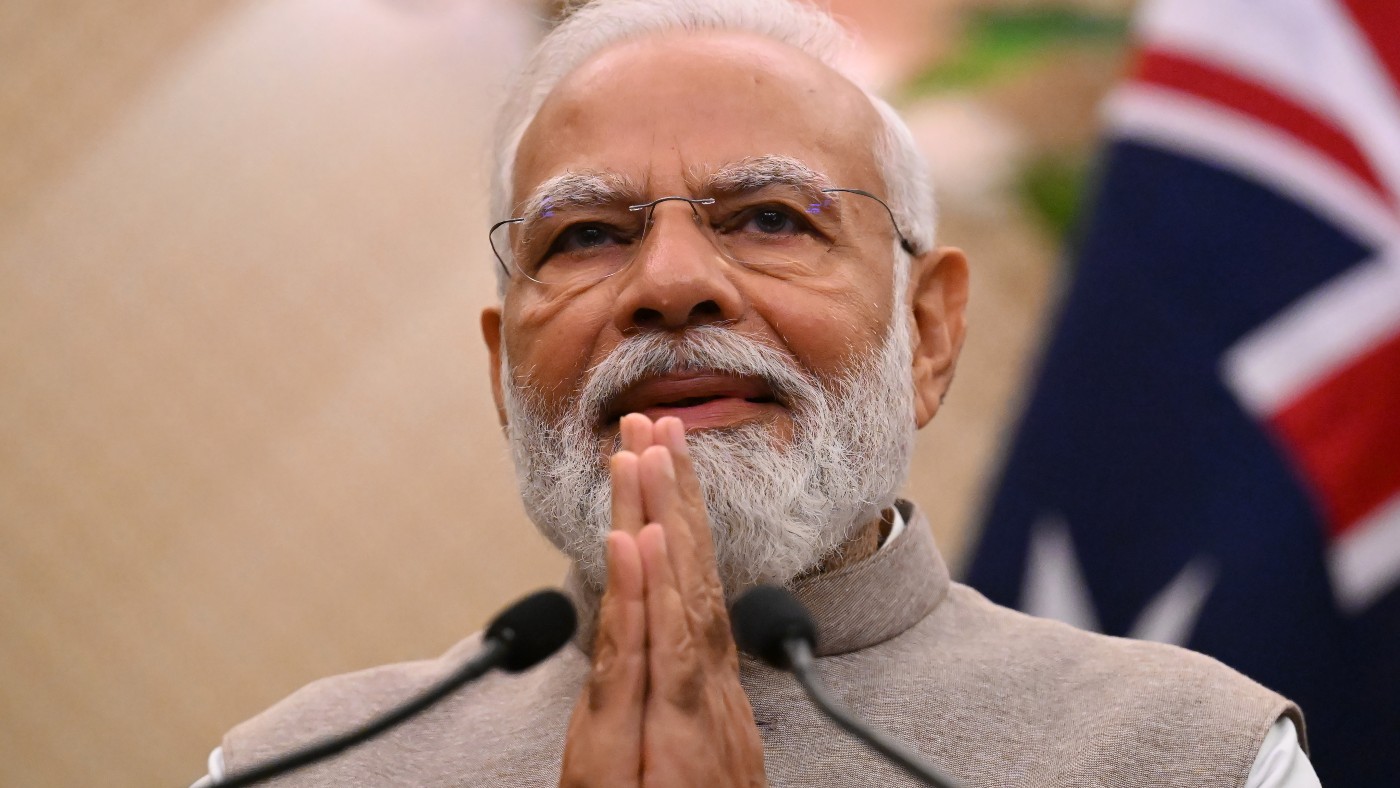 Narendra Modi: India’s authoritarian leader with his own app
Narendra Modi: India’s authoritarian leader with his own appIn the Spotlight World fifth-biggest economy’s direction of travel under cult-of-personality leadership is a growing cause for concern
-
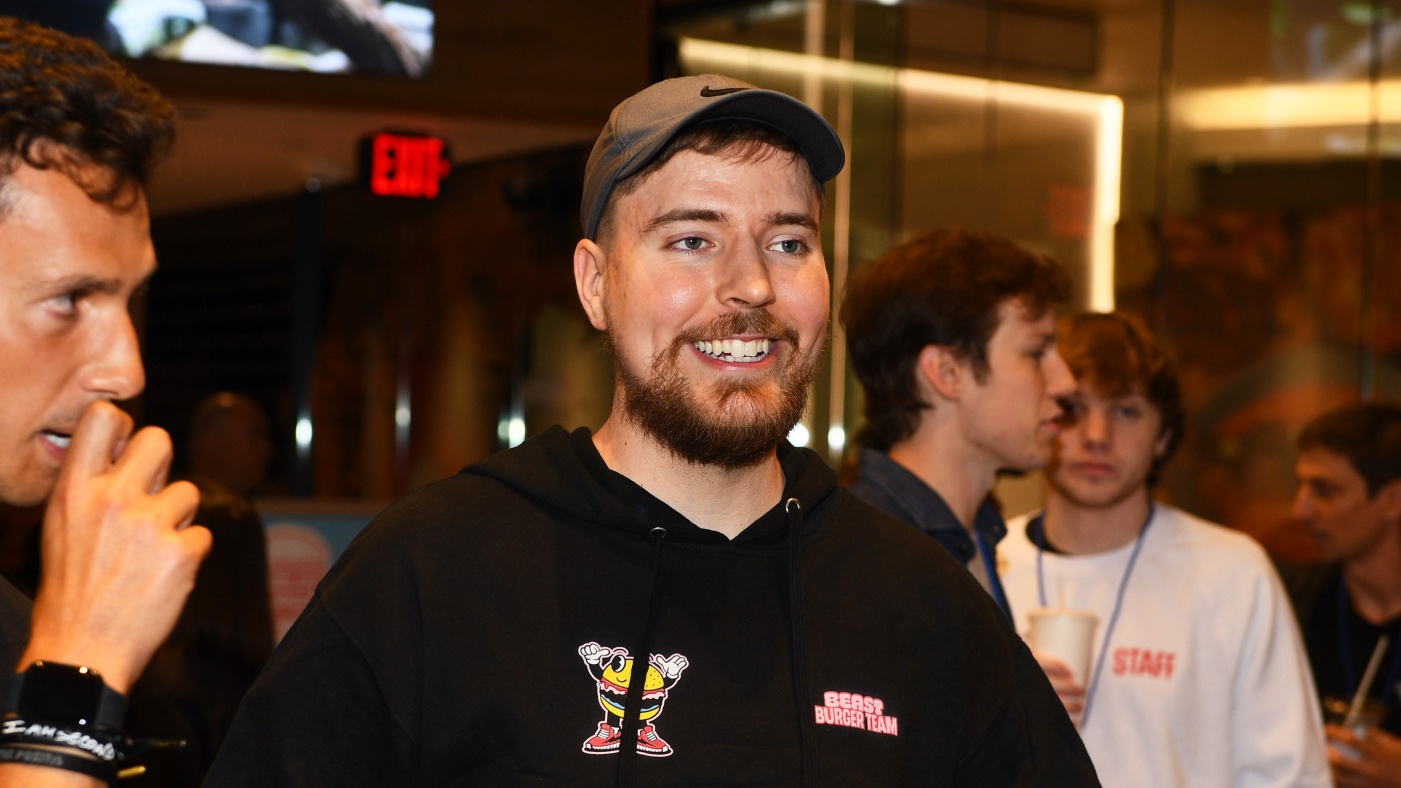 MrBeast: benevolent YouTuber facing monster backlash
MrBeast: benevolent YouTuber facing monster backlashIn the Spotlight YouTuber has courted controversy after paying to restore the sight of 1,000 people
-
 George Santos: Republican who spun a web of lies about living the ‘American dream’
George Santos: Republican who spun a web of lies about living the ‘American dream’In the Spotlight Congressman’s impressive CV and personal history was revealed to be largely fiction
-
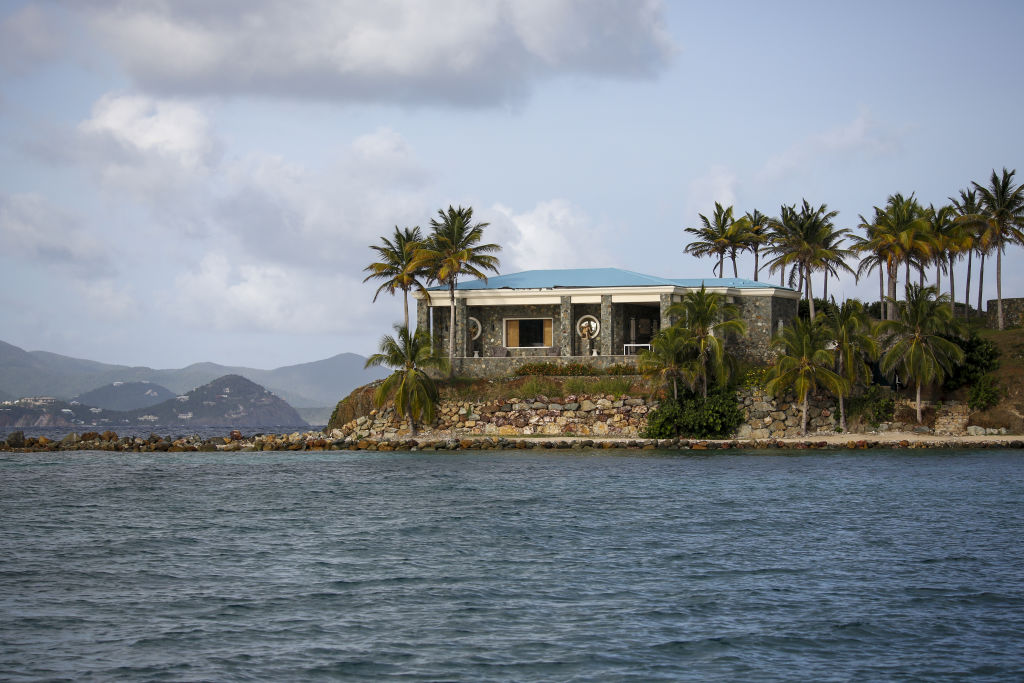 Epstein's private Caribbean islands to hit the market for $125M
Epstein's private Caribbean islands to hit the market for $125MSpeed Read
-
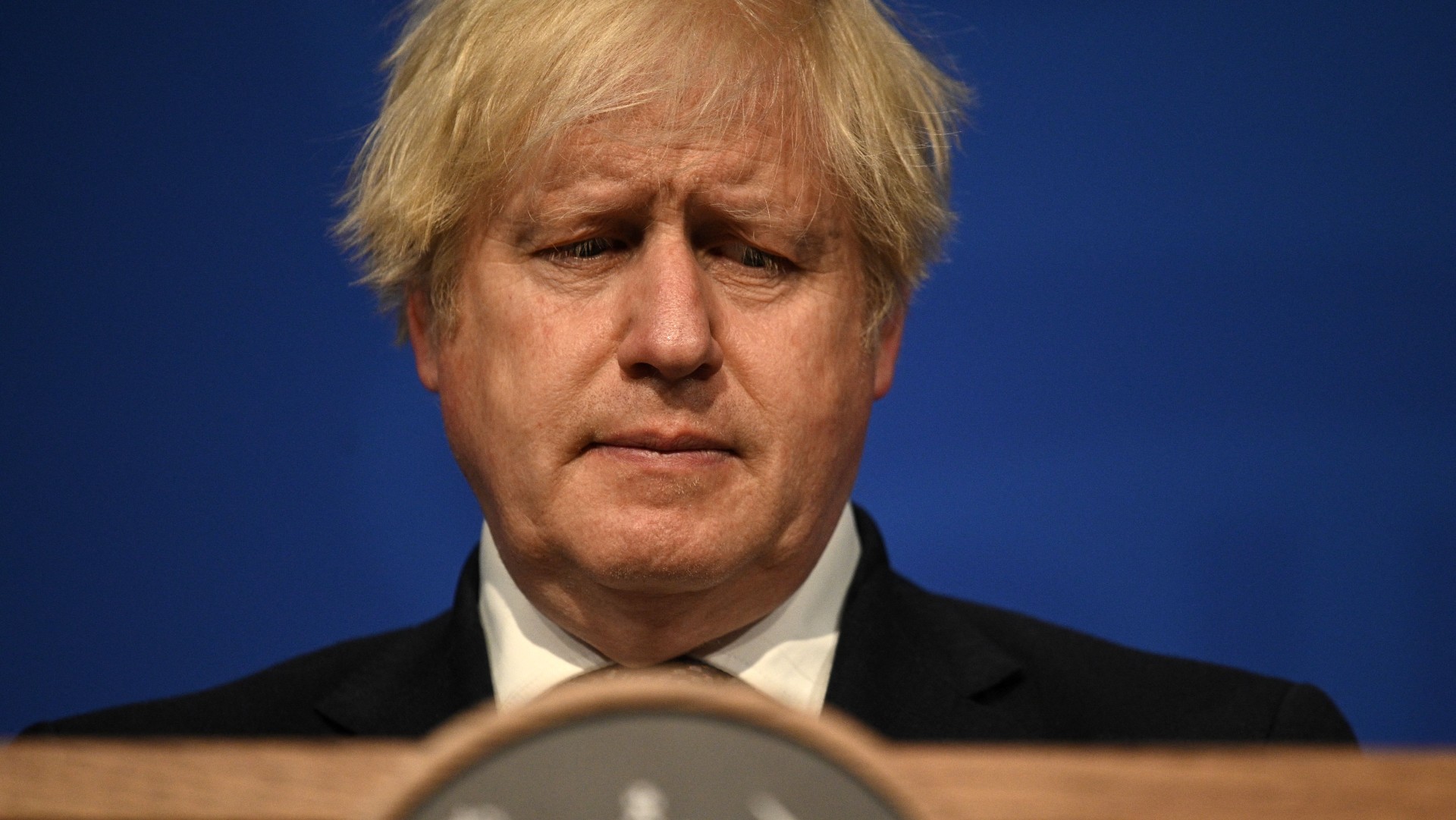 ‘Boris Johnson’s Russian money claims are an inversion of reality’
‘Boris Johnson’s Russian money claims are an inversion of reality’Instant Opinion Your digest of analysis from the British and international press
-
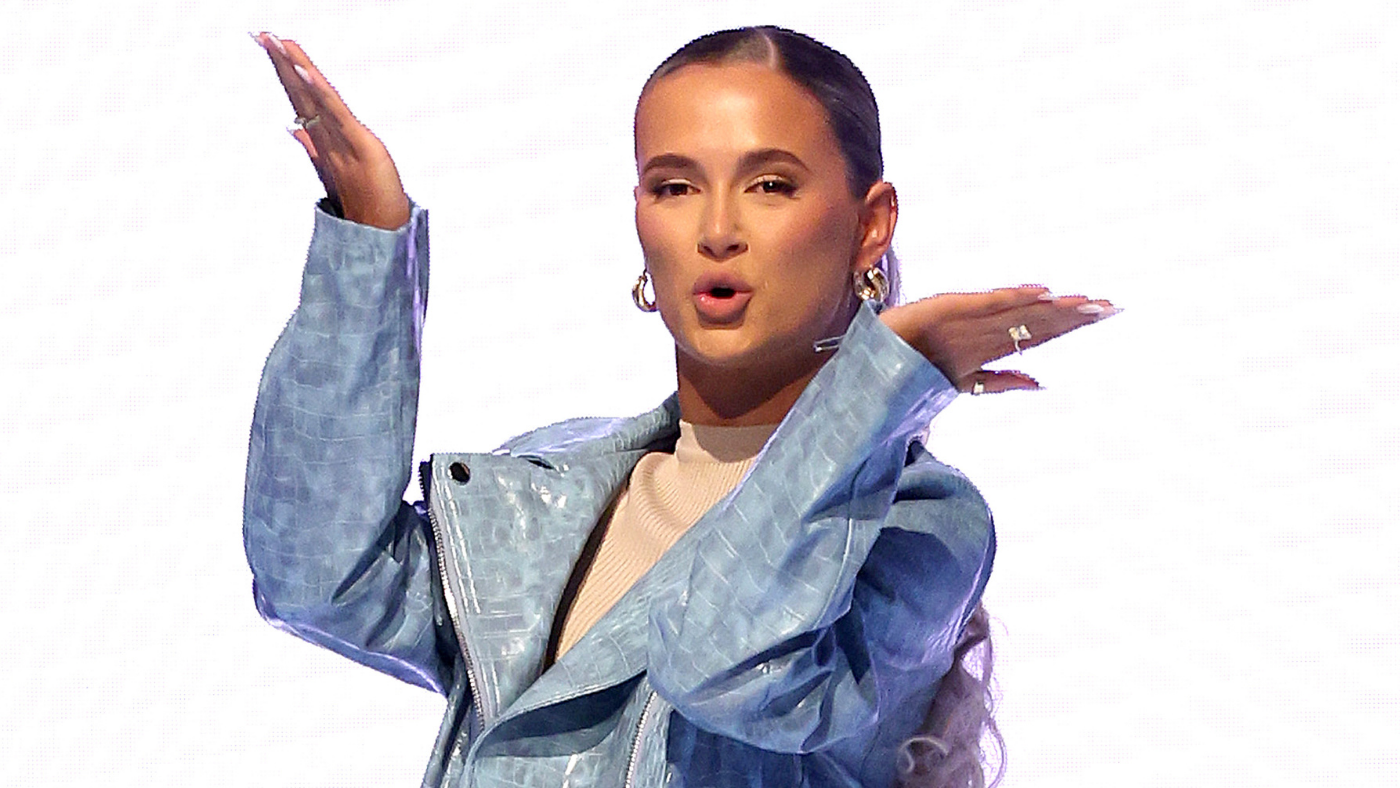 The controversies of Molly-Mae Hague
The controversies of Molly-Mae HagueIn the Spotlight The influencer and entrepreneur has put a few noses out of joint during her short career
-
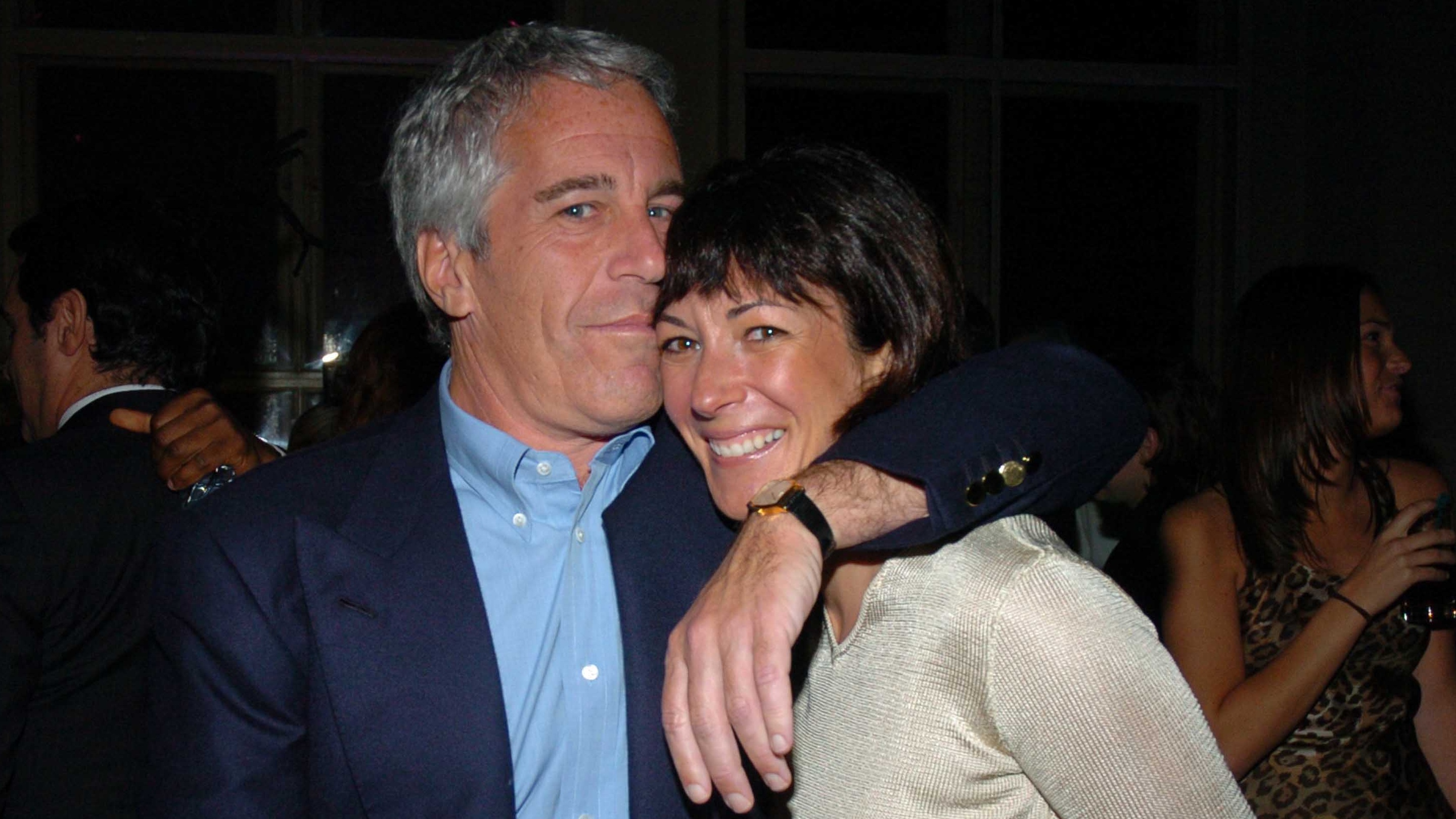 Jean-Luc Brunel: the Jeffrey Epstein trafficking suspect found dead
Jean-Luc Brunel: the Jeffrey Epstein trafficking suspect found deadIn the Spotlight Modelling agent and associate of billionaire paedophile thought to have hanged himself in Paris cell
-
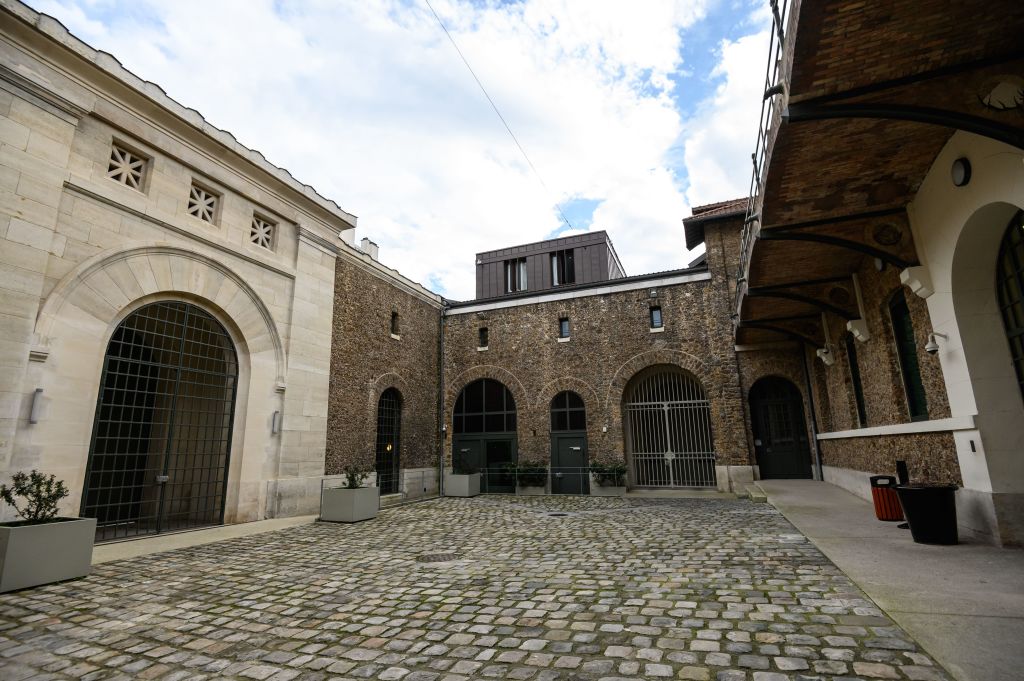 Epstein associate found dead in jail while awaiting trial for raping minors
Epstein associate found dead in jail while awaiting trial for raping minorsSpeed Read